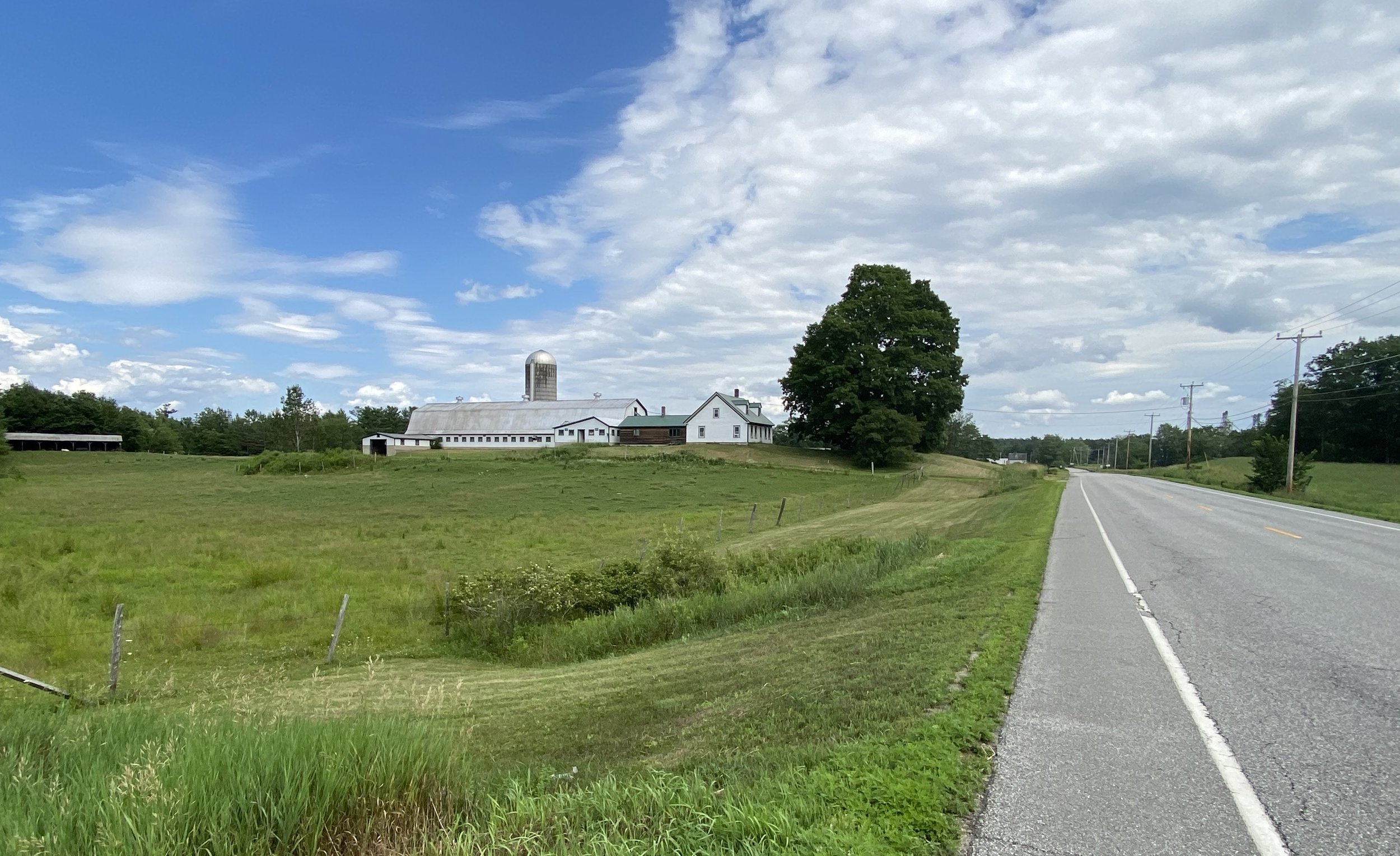Two public hearings are scheduled for Friday, January 5, 2024 at 9:00 am and another public hearing is scheduled for Tuesday, January 9, 2024 before the Legislature's Joint Select Committee on Housing. Details below.
LD 1672, An Act To Establish An Affordable Housing Permitting Process
- Public Hearing Friday, January 5, 9:00 am -
This bill allows for well designed housing in areas that municipalities have designated for growth, but where zoning has not been updated to accommodate that housing. In such cases, a developer may pursue approval through the Affordable Housing Development Review Board, which reviews projects based on local municipal plans and review standards that ensure projects are high quality and meet local planning objectives.
Bill language can be found HERE.
Talking points can be found HERE.
LD 1257, An Act To Increase Housing Capacity And Protect The Municipal Tax Base And Working Lands
- Public Hearing Friday, January 5, 9:00 am -
This bill provides critical updates to subdivision law by simplifying the development review process in growth areas and reducing development pressure on working forest and farmlands designated as rural by communities. This bill also clarifies how to treat creation of multiple units within a building and works to align subdivision rules with LD 2003 to reduce some confusion and complexity for municipalities.
Bill language can be found HERE.
Talking points can be found HERE.
LD 602, An Act To Provide Regional Support To Deliver State And Federal Programs To Cities And Towns In The State
- Public Hearing Tuesday, January 9, 1:00 pm -
Provides direct resources to regional planning commissions for the development of municipal ordinances, the examination of regional suitability for new housing developments and the development of model ordinances for the benefit of large and small communities; efficient delivery of technical assistance through the existing regional planning commission structure to provide cities and towns access to federal and state programs for housing, land use and economic development; and improved mapping and geographic information system support to accomplish state and regional goals.
Bill language and talking points coming soon.
The goal of Policy Action 2023 is to address barriers to and create incentives for equitable, sustainable growth and development that strengthens downtowns and villages of all sizes while pulling development pressure away from productive and open natural areas. We do so acknowledging that Maine has urban, rural, and suburban settings for which any solution may/not be a fit and a variety of people who deserve to be welcomed to their communities.
The public hearings will be before the Legislature's Joint Select Committee on Housing.
Want to provide written testimony?
Begin your letter with:
Dear Senator Pierce, Representative Gere, and Members of the Joint Select Committee on Housing,
My name is [ ENTER NAME] and I live in [ ENTER TOWN].
Describe your reasons for supporting the bills.







